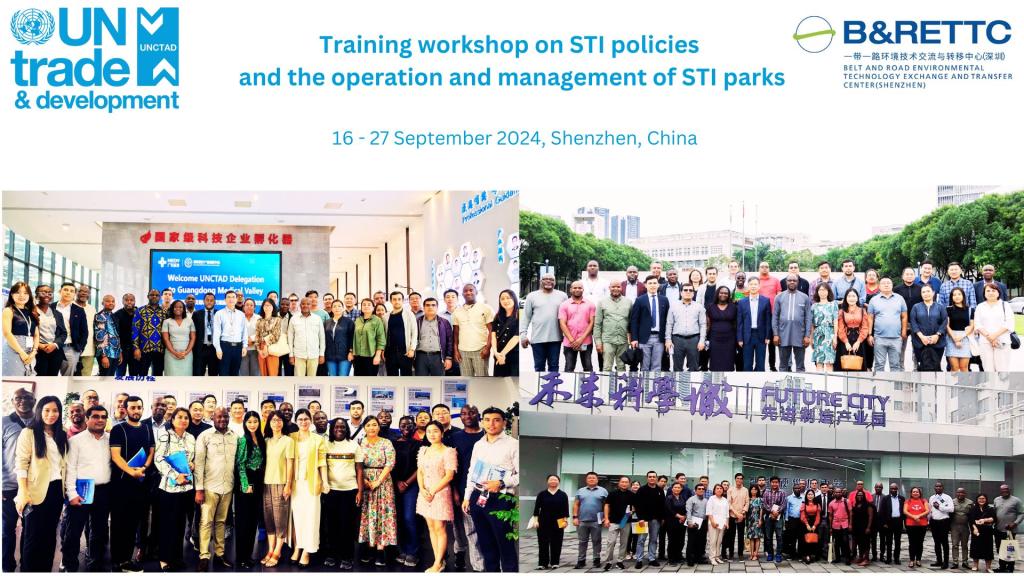The 2030 Agenda for Sustainable Development recognizes that Science, Technology and Innovation (STI) are key drivers enabling and accelerating the global transformation towards prosperous, inclusive and environmentally sustainable economies in developing and developed countries alike.
Well-developed and dynamic STI parks play an important role in increasing knowledge and technology flows, supporting technology diffusion and promoting innovation. STI are also critical for countries to recover fully from the Covid-19 pandemic and build a better future.
STI parks have been operationalized in a wide variety of economic and development contexts to increase STI capacity, stimulate innovation growth and enhance competitiveness.
As outlined in UNCTAD's Technology and Innovation report 2018, many parks have experienced a disappointing outcome. However, developing countries often face serious capacity bottlenecks in terms of policy formulation and policy implementation as evidenced in the STIP reviews undertaken with assistance from UNCTAD. Hence many developing countries are seeking advice on how to develop their own range of STI parks, incubators and accelerators.
This set of intensive field training courses, lasting ten working days in Shenzhen, China, combines lectures on establishing, developing, and managing STI parks with visits to successfully operating STI parks in China.
Participants will engage in a comprehensive program combining visits to successfully operating STI parks and lectures on establishing, developing, and managing STI parks.
By bringing together seven policymakers and practitioners from each beneficiary country – Ghana, Mongolia, Mozambique and Uzbekistan - the workshops will foster mutual learning and contribute to post-project sustainability.
This will be achieved through the creation of national expert networks among the participating countries, facilitating ongoing collaboration and knowledge exchange.
The diverse mix of participants, including representatives from various ministries, STI parks, and research institutions, is intended to promote the development of multi-stakeholder partnerships, which are essential for the successful implementation of STI park strategies within each beneficiary country.
This workshop aims at enhancing beneficiary countries' capacity to design, implement, and manage STI parks through equipping participants with the skills and knowledge necessary for effective STI park management, encompassing aspects such as policy coherence, financial sustainability, outreach, tenant relations, incubation processes, and the assessment of innovation outcomes.



